SUMMARY
This is AI generated summarization, which may have errors. For context, always refer to the full article.
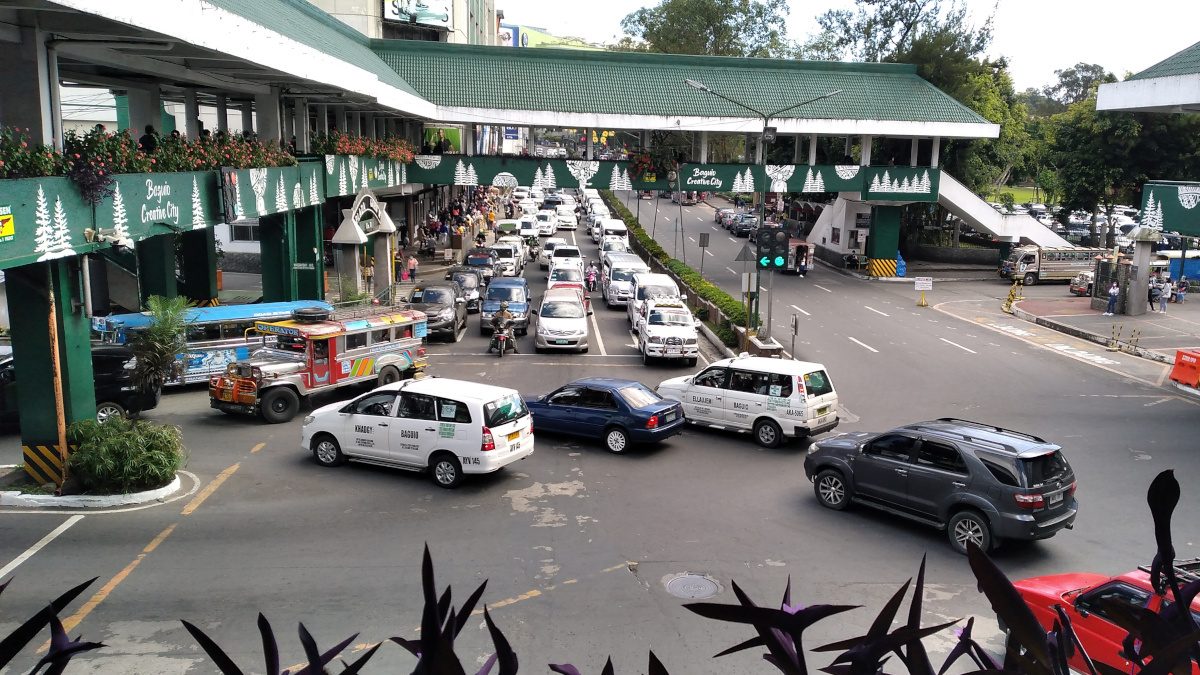
BAGUIO, Philippines – The Philippine summer capital needs 40 public parking buildings to clear the streets for better traffic flow, according to Baguio City Mayor Benjamin Magalong.
Magalong on Friday, February 24 said, the city currently has only 2,700 available public parking slots available – a backlog of more than 11,000 slots in the short-term.
In the next three years, Magalong said, Baguio needs to open up between 14,000 to 22,000 new parking spaces based on the local government’s study.
Baguio’s 2020 population stood at 366,358, according to the local census. The world population review estimated Baguio’s 2023 population at 498,525.
But the country’s summer capital also lures in local and foreign tourists.
The city government forecasts 3-million visitors a year within three years, and half a million cars plying Baguio roads annually.
“Baka kulang pa, so siguro, it’s a challenge to us, kasi may limitations tayo dito,” Magalong said.
(“It might not even be enough, so probably, it’s a challenge to us because we have limitations here.”)
Parking for revenues
The main obstacle in the way of putting up the 40 public buildings, according to Magalong, is the lack of available land.
The city is currently looking through its inventory of available public lands. It has only managed so far to identify 11 usable lots.
“As much as possible, we want to put the [parking buildings] up on public land, so we can generate revenue from them,” Magalong said.
Each building should have commercial space in order for the city and investors to profit from the buildings, said the mayor.
The profits would be either shared in a profit-sharing scheme if on public land, or be kept by the private investors if on private land.
“Local government should be run like a corporation that generates revenue,” Magalong said.
Done right, it should prove a bonanza for the city, one of the country’s top tourism draws.
The Department of Tourism said Baguio recorded 1.5-million arrivals in 2019 before figures tanked during the COVID-19 pandemic to only 268,000 in 2020 and 267,000 in 2021.
The relaxation of mobility curbs in 2022 have led to a spike in arrivals.
The city tourism office in December 2022 said Baguio would hit 1.2 million-arrivals as figures since March averaged at 150,000 visitors monthly.
The Christmas season saw a spike in arrivals to 500,000 in December. This means the actual number of people in the city at year end was double its population.
Since Baguio is just four hours away from the national capital, many visitors from the Luzon mainland bring their cars when they visit the city.
In the pipeline
The city started pre-existing parking projects late last year, including the P400-million public parking building set to rise near the Baguio City Hall in the place of the former Baguio City Fire Department (BCFD).
The city previously also tagged some seven sites for public parking, according to City Planning and Development Officer Donna Tabangin.
Alongside the BCFD parking space, eight parking buildings have entered the design phase.
Construction is expected to start within the year, but none of the buildings are slated to finish in 2023.
The P400-million, 200-slot parking project, according to City Administrator Bonifacio Dela Peña, will pull vehicular traffic away from the Baguio City Hall and Baguio City Public Market.
Additionally, the market development project is expected to provide at least 1,200 slots. The parking stats are a condition for the upcoming Swiss challenge, where SM Prime Holdings may present their counter-offer to the city.
Private funds
While the city will forge on with its BCFD parking project, Magalong said private enterprises will fund other planned structures.
Ofl the 40 structures slated for construction, only the P400m BCFD parking space is government-funded, with the rest coming under public-private partnership (PPP) or private initiatives, said the mayor.
The city started talks with investors late last year. Magalong said nine private entities have declared their interest in Baguio’s Growth Node Development Plan, which aims to expand economic development outside of the Baguio central business district to decongest roads.
The move is part of the administration’s Smart Mobility Plan, which seeks to combine the parking program with various transportation initiatives such as a planned cable car system.
“The Smart Mobility Transportation System, it starts this year, but this is a three year program, what we need is the infrastructure,” Magalong said. -Rappler
Add a comment
How does this make you feel?
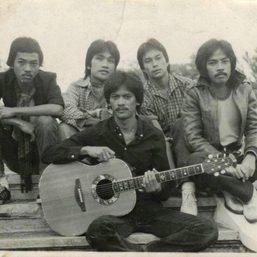
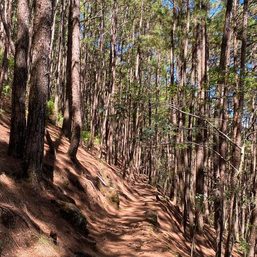
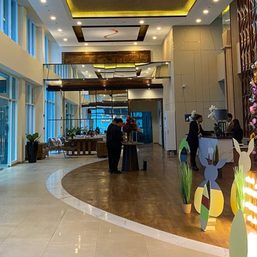
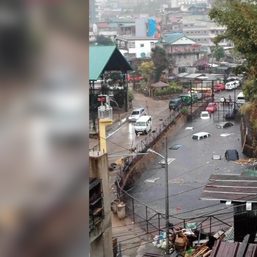


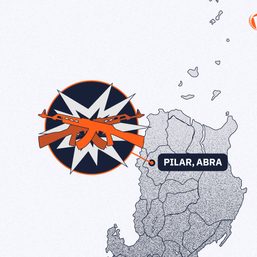

There are no comments yet. Add your comment to start the conversation.